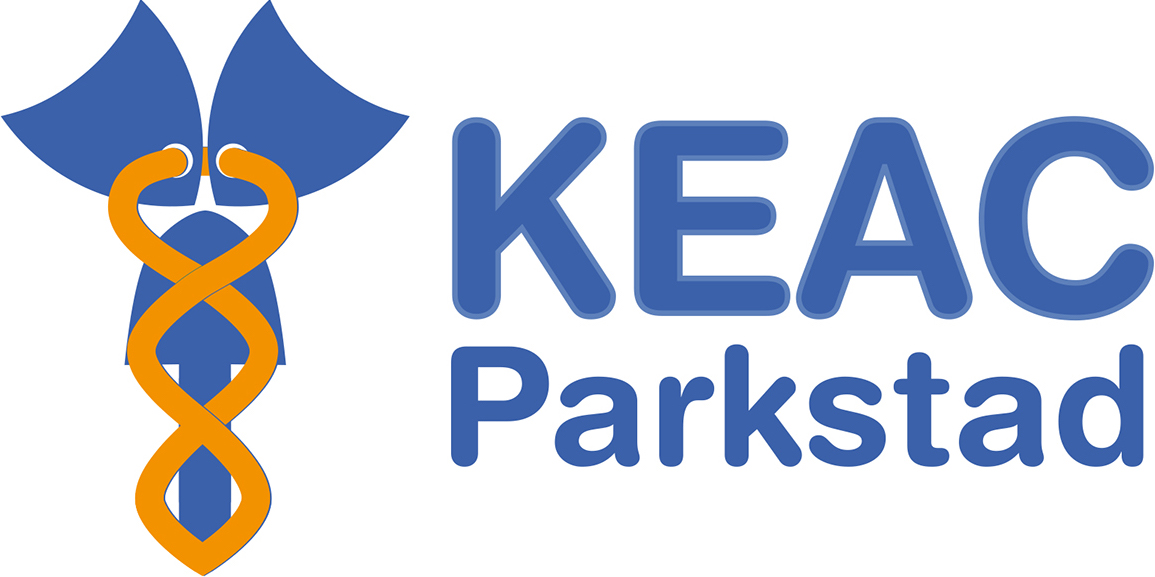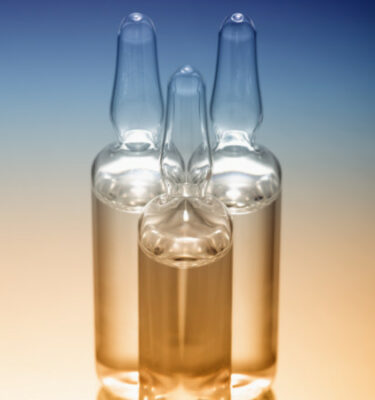many tests have been developed for very special applications. We would like to mention one of these here and that is a test for narcosis sensitivity. This test is also called the Dibucaïne test. Dibucaine is an old anesthetic that is used in sedation.
Read more about other tests
Sedation
Sedation literally means lowering the patient’s consciousness. When pain relief is given during an examination and / or treatment, this is called Procedural Sedation Analgesia (PSA). The consciousness is reduced so much that you no longer get anything from the intervention, but still keep breathing yourself. Sedation is only possible with a few types of operations.
Overall anesthesia (narcosis)
We also call this form of anesthesia narcosis. In general anesthesia, the whole body is anesthetized and the patient, who is connected to monitoring equipment that measures heart rate, blood pressure and oxygen content, is in deep artificial sleep. The patient receives sleeping pills via an infusion. In general anesthesia you will not notice anything of the operation
Local anesthesia
With local anesthesia, only a part of your body is numb. There are two types of local anesthesia: local anesthesia and regional anesthesia. Local anesthesia (or local anesthesia) is used in small procedures. The injection is given close to the treatment site. With local anesthesia, you remain fully informed. In regional anesthesia, the anaesthesiologist only anaesthetizes part of your body, for example your arm or leg. By spraying an anesthetic around the relevant nerves, the nerves are temporarily switched off. The location of the operation is thus temporarily made numb. This category includes, among other things, the spinal puncture during childbirth.
Sometimes hypersensitivity to the anesthetic used occurs. This can manifest itself in anxiety, skin rash or low blood pressure. An acute fall in blood pressure during the operation may constitute an additional risk. Although many physicians do difficult about individual susceptibility to narcosis, this is known and accepted in animals. In dogs, for example, there are race-bound risks when applying narcosis. Some resources can not be used with a Wolfhound, Husky, Shar Pei, Chow Chow, Boxer, Mountain Dog or Greyhound.
Prevention
In the blood, the amount of (pseudo) choline esterase can be determined together with the Dibucaine number (DG). When the DG is lowered, this indicates a sensitivity to narcosis.
-
Dubicain Test (anesthetics)
€ 55,70 -
Vaginal flora
€ 133,80


